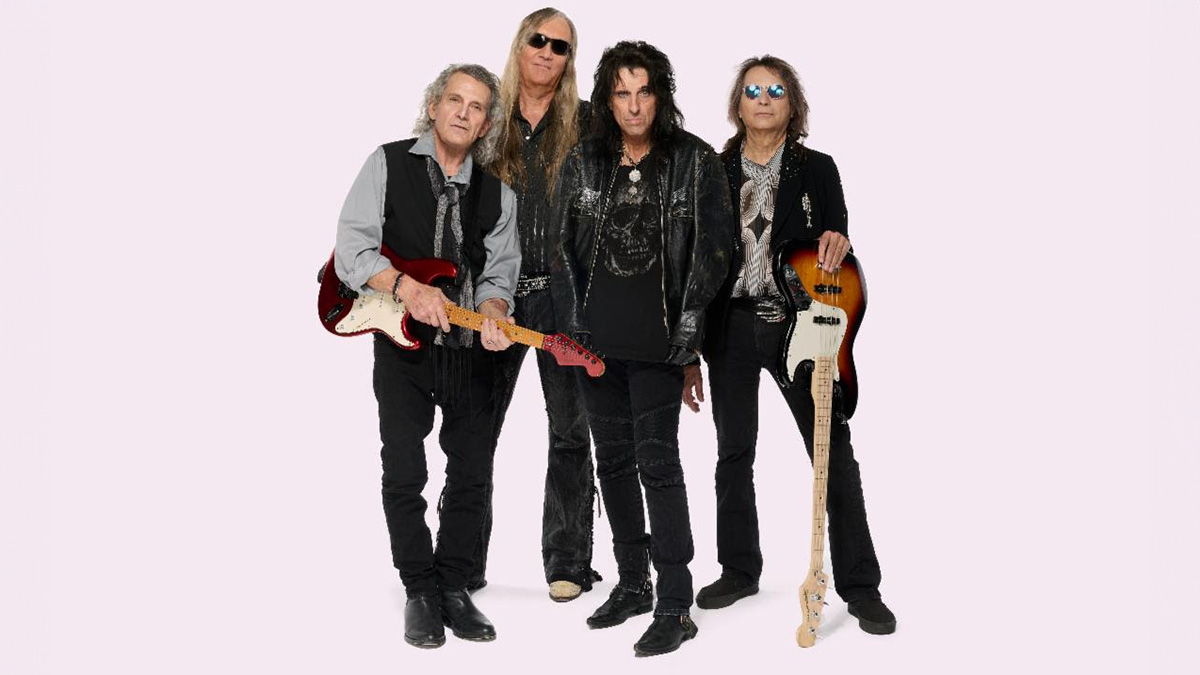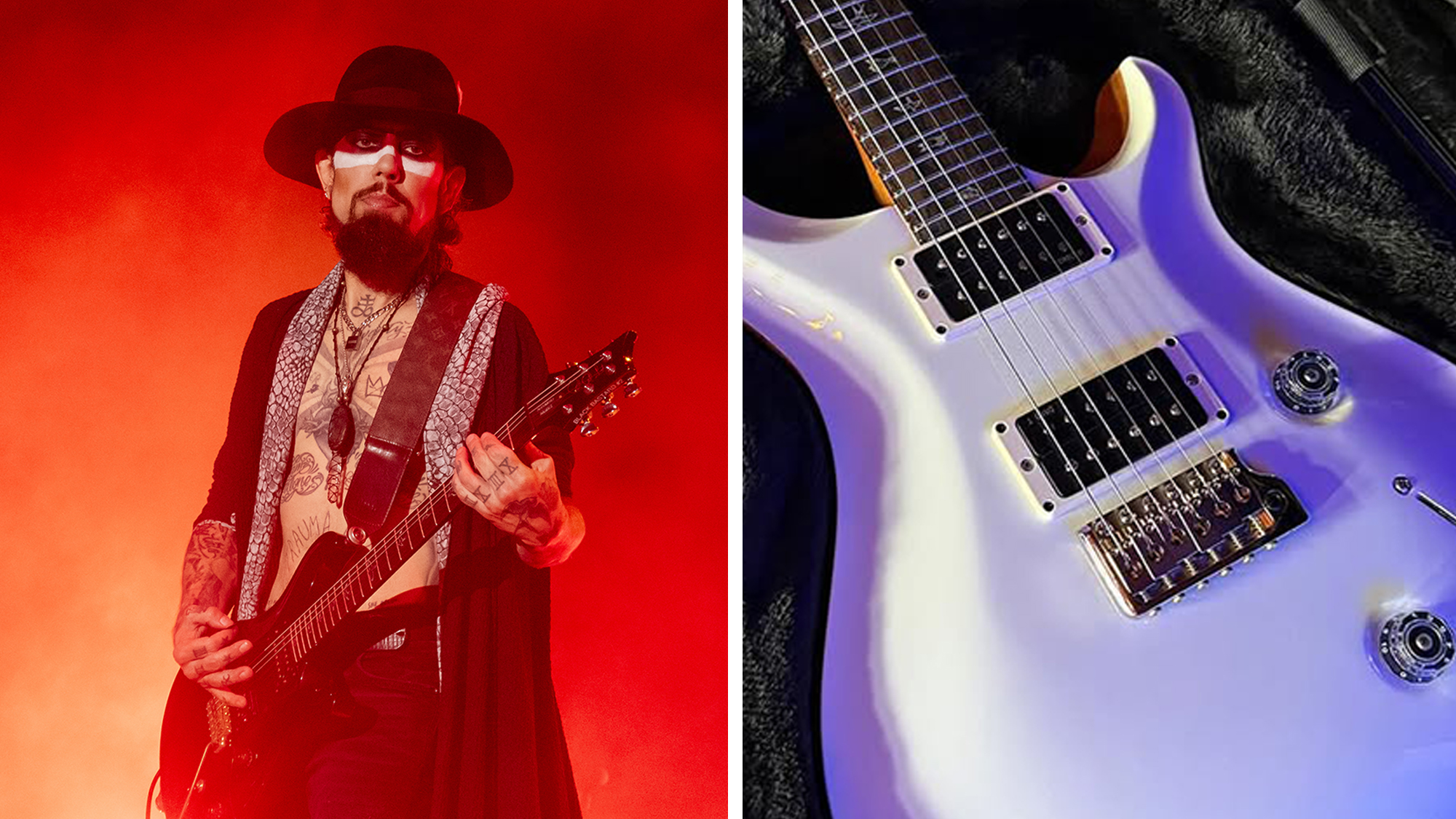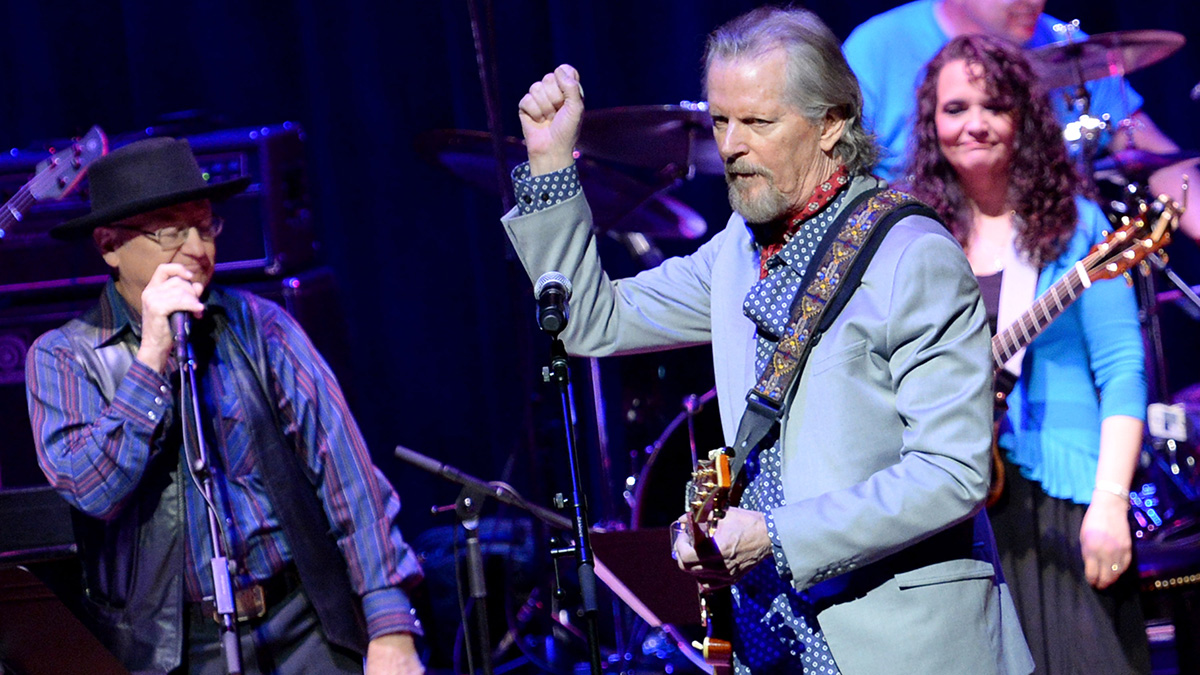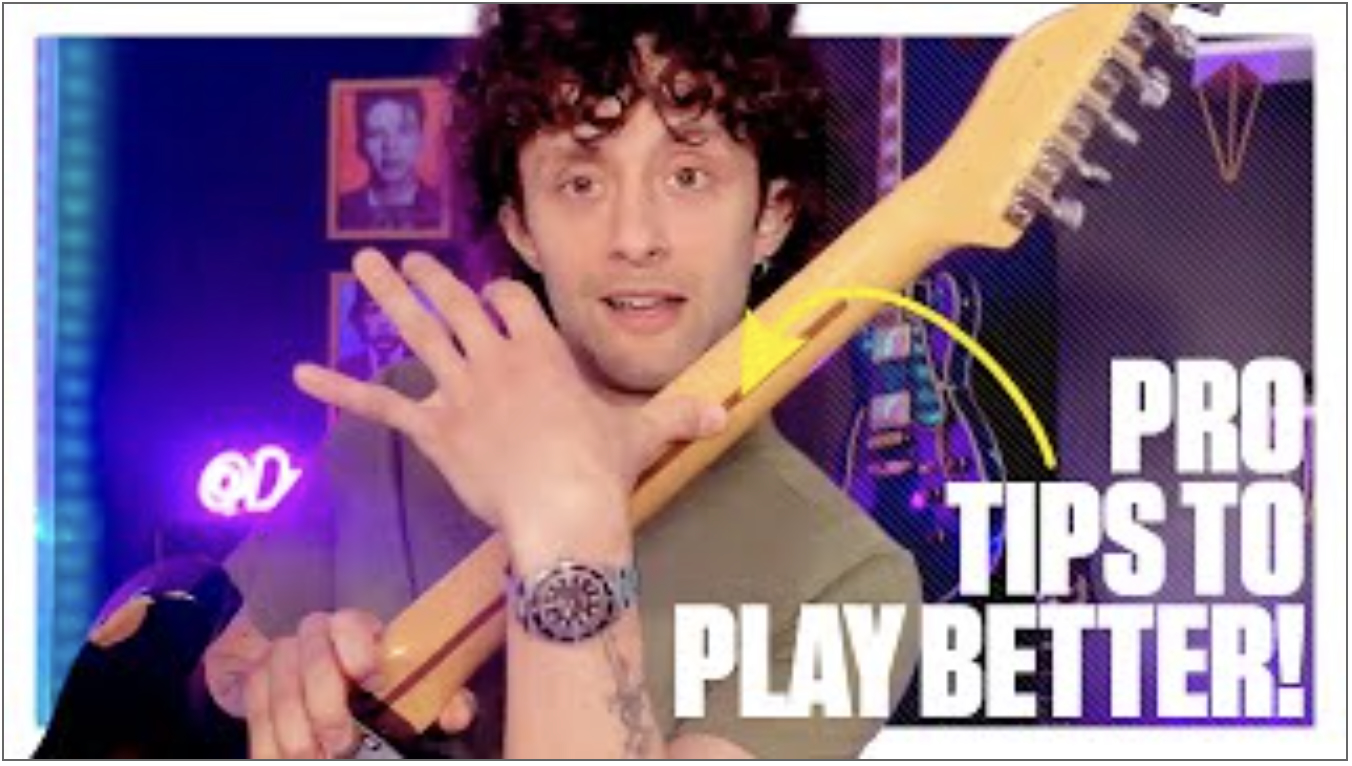Radical Shriek: How Live Performance Can Improve Your Playing
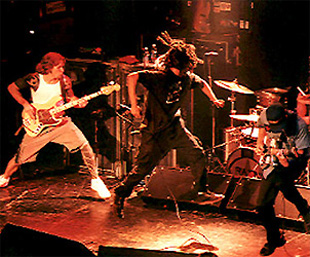
Here's a classic Guitar World column by Tom Morello.
In pursuit of becoming a better, more well-rounded musician, I believe the most essential tool for any guitar player to utilize is live performance.
While that may sound painfully obvious, I have encountered many talented "bedroom shredders" who find it impossible to translate their woodshed chops to the stage environment.
A great many variables come into play when performing live that just cannot be approximated in any other way, be it jamming to CDs in your bedroom or playing in a garage or rehearsal room with your entire band.
For me, playing in front of an audience was crucial to my development as a guitarist. I first began to play live while in a series of cover bands in college, and my abilities as a player increased exponentially. For one, playing live helped me weed through many of the technical as well as creative obstacles that pop up in the live setting.
Something as simple as remembering to secure the guitar cable by bringing it through the guitar strap (down at the strap button on the lower bout) is something I had to learn the hard way. I think we all know the horror of the guitar cable being inadvertently yanked out of the guitar while flying through the air doing back flips, right?
Another painfully obvious idea is to make sure you have fresh -- or at least working -- batteries in all of your pedals. This line of thought can be applied to every supplemental piece of gear: be sure to have extra strings, cables, fuses, power strips, extension cords, etc. You can't expect the club, keg party or Bar Mitzvah where you are performing to have any of these things handy when you find yourself in need.
Get The Pick Newsletter
All the latest guitar news, interviews, lessons, reviews, deals and more, direct to your inbox!
It's great to be able to effortlessly peel off 64th notes while jamming along to Steve Vai's Flex-Able, but forgetting about these aforementioned small details can mean the difference between creative success and dismal failure in a live venue.
One of the main reasons playing live improved my abilities as a player is the powerful synergy that exists between a band and a live audience. That type of energy and awareness can never be duplicated in a rehearsal room. I'll admit to having had some deeply satisfying playing experiences while jamming alone to Albert King records, but nothing can beat playing live for pure excitement and exhilaration. It is truly a "trial by fire" experience.
We all remember the very first time we stepped in front of an audience to play. For me, it was while I was in a high school band called the Electric Sheep, which featured Adam Jones, later of Tool. As good as we may have been, our collective playing ability dropped by about 50 percent whenever we played live. This is simply because we were no longer in the safe, comfortable environment of my mom's basement. Suddenly, we were confronted with nerves, broken cables, faulty outlets, broken strings and all sorts of obstacles that hindered our performance.
But the more we played live, the more comfortable and confident we became onstage. I soon began to develop a tight rapport with my guitar. For me, developing a command over the technical idiosyncrasies of live performance led to much more satisfying playing experiences overall.
It was no different when Rage Against the Machine first began playing live. There was a high degree of frayed nerves associated with our first performance, which took place in the highly pressurized environment of a living room in Huntington Beach, California. Our very first song was "Take the Power Back," which begins with a funky bass line.
Because we were all so hopped up about finally playing in front of an audience, bassist Tim C. started the song at three times the normal tempo, and it was a full-scale musical disaster. But a negative experience is part of the learning curve it provides; getting that type of crisis out of the way is essential to the development of a band. Becoming more comfortable in front of an audience allowed us, as a band, to progress.
At that first performance, even though Tim started the song way too fast, as soon as the beat dropped in, the place exploded! Instantly, there was a huge mosh pit in the middle of the living room -- I still don't know how the damage was explained to this poor kid's parents! For our band, that gig was a cathartic experience. That living room explosion was the culmination of all the years of hard work. Personally, I had spent so much time getting my "live" chops together, through a series of often very crummy bands.
With Rage, my journey brought me to music that I really believed in, and music that we, as a band, played great together. With Rage, there was also an instant connection between band and audience, and that connection only fueled our mission to keep writing songs and keep working hard. Soon, wherever we went to play -- be it talent night at Al's Bar in downtown L.A., or opening up for Tool at a major venue -- we maintained a "scorched earth" policy.
Our attitude was, "we're not sure who is going to make it out alive tonight, because we are going to bring some heavy shit!" Though that kind of confidence and intensity level grew from the relationship we had with the audience, it was initially forged by a solid underpinning of confidence in our own abilities. In time, you become resolute in the knowledge that you will give everything to the music and perform on a high level.
Each progressive move to a larger venue is like moving past locks in a dam. It's like the water level rises each time: you have to wait until your nerve and your skill level rises high enough before opening the door to the next level. Soon, we progressed to headlining clubs to headlining sold-out clubs to opening for lce-T's Bodycount to eventually playing in front of hundreds of thousands of people at huge European festivals.
In time, a band's assuredness becomes almost unshakable. Rage could be in the midst of a disastrous show, like playing in the middle of a typhoon in Korea, and I'll look ahead on the set list and see that we are going to end with "Killing in the Name." I know that all of the lights in the hall will come on, 30,000 middle fingers will be raised in the air and the entire audience will look like it's on a trampoline. That's when I say to myself, "Thank goodness!" because I know that everyone will leave with a big, beaming smile.
Playing live on a regular basis will invoke a rising tide of confidence for you, and for your band as a whole. Your "floor" becomes higher: as time goes on, your basic "starting point" becomes much more evolved, and much more together. You know you will be able to deliver the goods on a high level, no matter what. And that level only continues to grow.
When my rig gets rolled out, either for the Tonight Show or for sharing the stage with U2 in front of 150,000 people, I know that everything will be alright because the groundwork has been well-laid.
"Upgrading from your entry-level acoustic opens the door to an entirely new world of tonewoods, body shapes, and brands": 6 signs it's time to upgrade from your first acoustic guitar
"I'm past my prime": 5 common excuses for not learning the guitar – and 5 body and mind-boosting reasons you should

